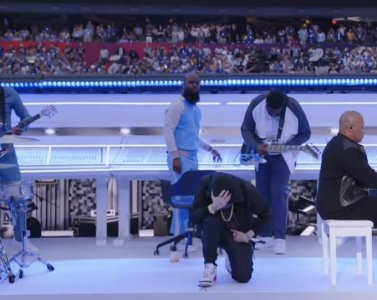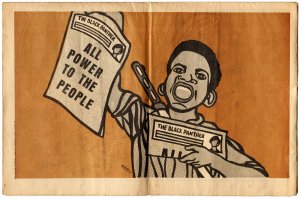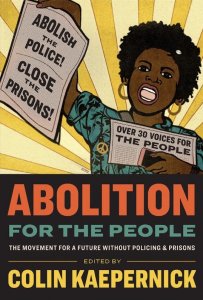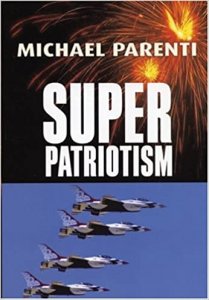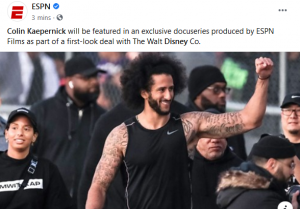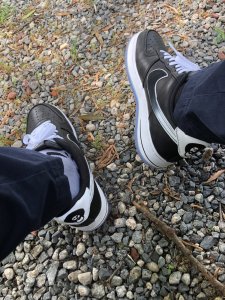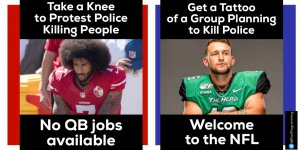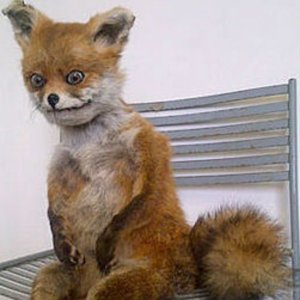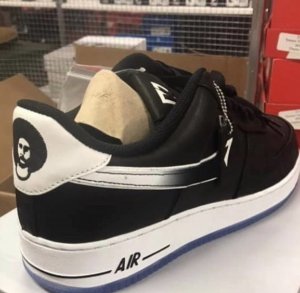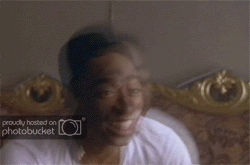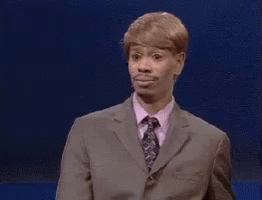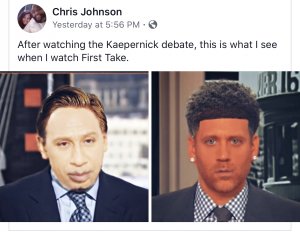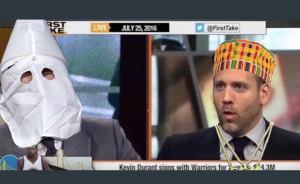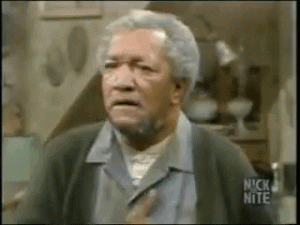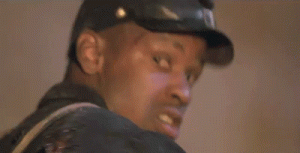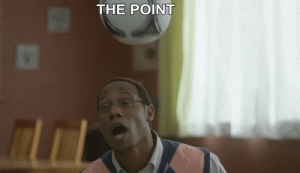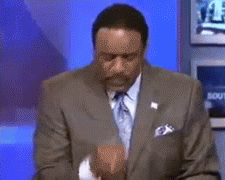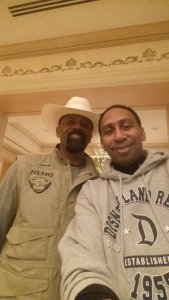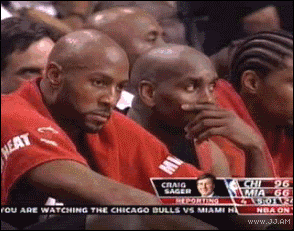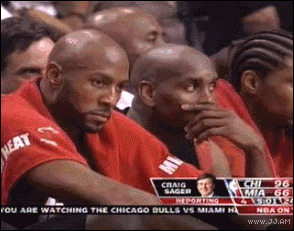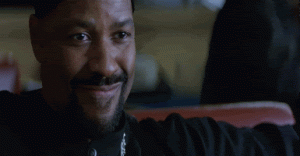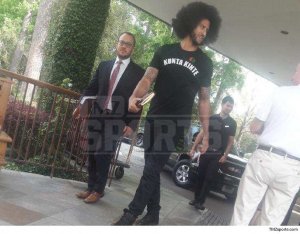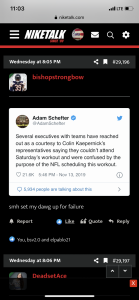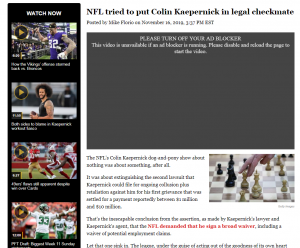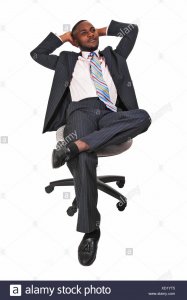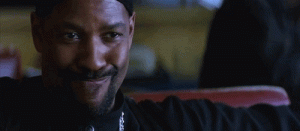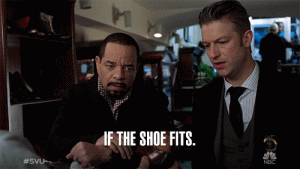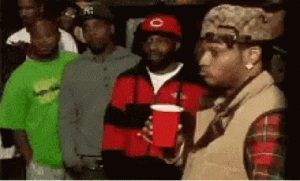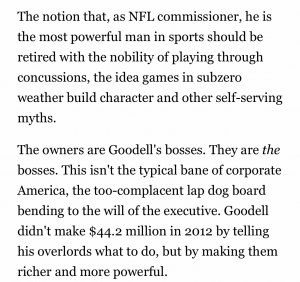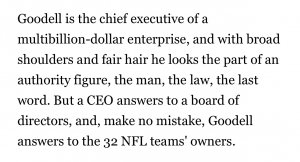starboy
Banned
- 1,377
- 970
- Joined
- Oct 23, 2016
[h1] [/h1]
[h1]Charles Barkley’s criticism of residents turns ugly at East Baltimore church[/h1]
With her mother’s heart, Marion Gray-Hopkins made the one-hour drive to Baltimore, hopeful that Charles Barkley would bring some insight to the issue of police brutality.
Through Facebook, Gray-Hopkins heard that Barkley would be hosting a town hall meeting Tuesday night on race, including a discussion on the relationship between police and the black community.
So she drove from her suburban Washington home to an East Baltimore church, wishing, perhaps, that the often-blunt speaking Hall of Fame NBA forward-turned television analyst might bring some badly needed light to the often incendiary topics.
“I was hoping I would hear, see, feel something different. I did not,” said Gray-Hopkins, whose 19-year-old son, Gary Hopkins Jr., died in 1999 when a Prince George’s County police officer shot him in the chest after a dance at a local firehouse.
Her hopes were dashed, as the one-hour session quickly disintegrated into anger and disbelief from the audience aimed squarely at Barkley.
“I don’t think he really came here to listen to the people,” said Gray-Hopkins, a retired banking executive who wore a button with her son’s likeness and brought posters with his picture. “He [Barkley] is in his own world. What I came here to do tonight was to validate what I thought about him. And all he did was validate me.”
Barkley and a TNT production crew came to Baltimore on Monday to film segments for The Race Card, a six-part program scheduled to air in 2017, in which Barkley is to engage communities on hot-button topics.
There are few more contentious contemporary issues in America than the relationship between police and the African-American community.
And there are few cities where the sides are more divided than Baltimore, where the April 2015 death of Freddie Gray from spinal injuries sustained while he was in police custody set off riots and looting.
Three of six officers who were charged in Gray’s death were acquitted in respective trials. Following the third acquittal in July, Baltimore City State’s Attorney Marilyn J. Mosby dropped charges against the remaining three officers, citing long odds in securing convictions against them.
Following Gray’s death, the Justice Department launched an investigation into the patterns and practices of the city’s police department. In August, the department issued a scathing 163-page report charging that Baltimore police had violated the constitutional rights of residents by using excessive force and by conducting illegal stops. The report noted that those practices had a particular effect on poor, black residents who were much more likely to be stopped and arrested unnecessarily than other Baltimoreans.
With that as a prologue to Tuesday’s meeting at Southern Baptist Church, the site of a fire during the riots, Barkley spoke of his desire to “start a dialogue” between the police and the community.
Barkley said he arrived in Baltimore on Monday. During his 48 hours in the city, he said, he met with the families of victims of police shootings, as well as doing ride-alongs with police.
Barkley said he knew that “racism exists. Always has. Always will,” but contended that American discrimination was more about economic empowerment than skin color.
“America discriminates against poor people, whether you’re white, black, Hispanic, whatever,” said Barkley. “Poor people are dealt a crappy hand.”
However, it was when Barkley expressed support for police that the mood of the audience, which had been on edge, turned openly hostile.
Barkley criticized the audience, many of whom are community activists, saying he didn’t believe that any of them had expressed sympathy for the families of four police officers who were shot Sunday in separate incidents around the United States.
In one case, a San Antonio detective was killed while writing a ticket following a traffic stop.
“Did anybody say, ‘Man, I feel bad for their family’? ” asked Barkley. “There was no love [for police] in this room.”
When Diane Butler, the mother of Tyrone West, a local man who died after a 2013 struggle with police following a traffic stop, told Barkley, “I don’t know you, I don’t like you,” chiding him for empathizing with police for having to make split-second decisions. Barkley did not back down.
“I’m sorry for your loss,” said Barkley, then adding, “As far as you not liking me, it really doesn’t bother me. I’m used to it. I’m like the homecoming queen. All the ugly girls hate you. That’s part of my life. I never take anything personally.”
From there, things further deteriorated, as audience members took turns insulting Barkley for either a perceived lack of knowledge of Baltimore and its policing issues or his declarations of his philanthropy or both.
“What does your condolence mean to her?” said one audience member, gesturing toward Butler. “How simple and arrogant are you? There are so many black men that care about our community that for us to dwell on one man that just won’t get it is a waste of everybody’s time.”
Jill P. Carter, who represents a portion of the city in the Maryland House of Delegates, called Barkley’s presence “nonproductive,” and called on him to “do a little research on the history, on the community and on what’s been transpiring.”
The meeting closed with a group of activists shouting at Barkley, who was whisked off the stage by staff and security after wishing the audience a happy Thanksgiving.
Afterward, Donte’ L. Hickman Sr., who has pastored at Southern Baptist for 14 years, said he would be happy to have Barkley return, because there’s more to the story than was told Tuesday.
“I think the conversation still needs to be heard,” said Hickman. “I heard a lot of energy and intellect. What we lack is empathy. People speaking the same thing, but from different wavelengths. Charles saying one thing, they’re saying another, and they’re saying the same thing that he’s saying from a lofty perch and they’re saying it from a nest in the community.
“He [was] being a little cynical and that cynicism triggered their emotionalism and left all of the solutions and the substance as collateral damage in the balance.”
Last edited:














